The bearded dragon (Pogona vitticeps) is a popular reptile kept as a pet due to its docile nature and unique appearance. When it comes to their diet, bearded dragons are omnivorous, meaning they eat a combination of plant matter and live prey. Providing a well-balanced diet is crucial for their health and overall well-being.
In terms of plant matter, bearded dragons benefit from a variety of leafy greens and vegetables. Some suitable options include collard greens, kale, mustard greens, and dandelion greens. These should be offered daily and make up around 20-30% of their diet. It’s important to avoid feeding them lettuce or spinach as these can be detrimental to their health.
Live prey forms an essential part of a bearded dragon’s diet. They primarily feed on insects such as crickets, mealworms, and dubia roaches. These should be gut-loaded, meaning the insects are fed a nutritious diet before being fed to the dragon. Insects should be offered in appropriate sizes, depending on the dragon’s age and size. Young dragons require more protein-rich foods, while adults benefit from a higher ratio of plant matter.
Supplementation is also necessary to ensure proper nutrition. Bearded dragons require calcium and vitamin D3 to maintain healthy bones. Calcium powder should be dusted on their food several times a week, while a multivitamin powder can be added once or twice a month.
It’s important to monitor your bearded dragon’s weight and adjust their diet accordingly. By providing a well-rounded diet consisting of greens, vegetables, and appropriate live prey, you can help ensure the optimal health and longevity of your bearded dragon.
